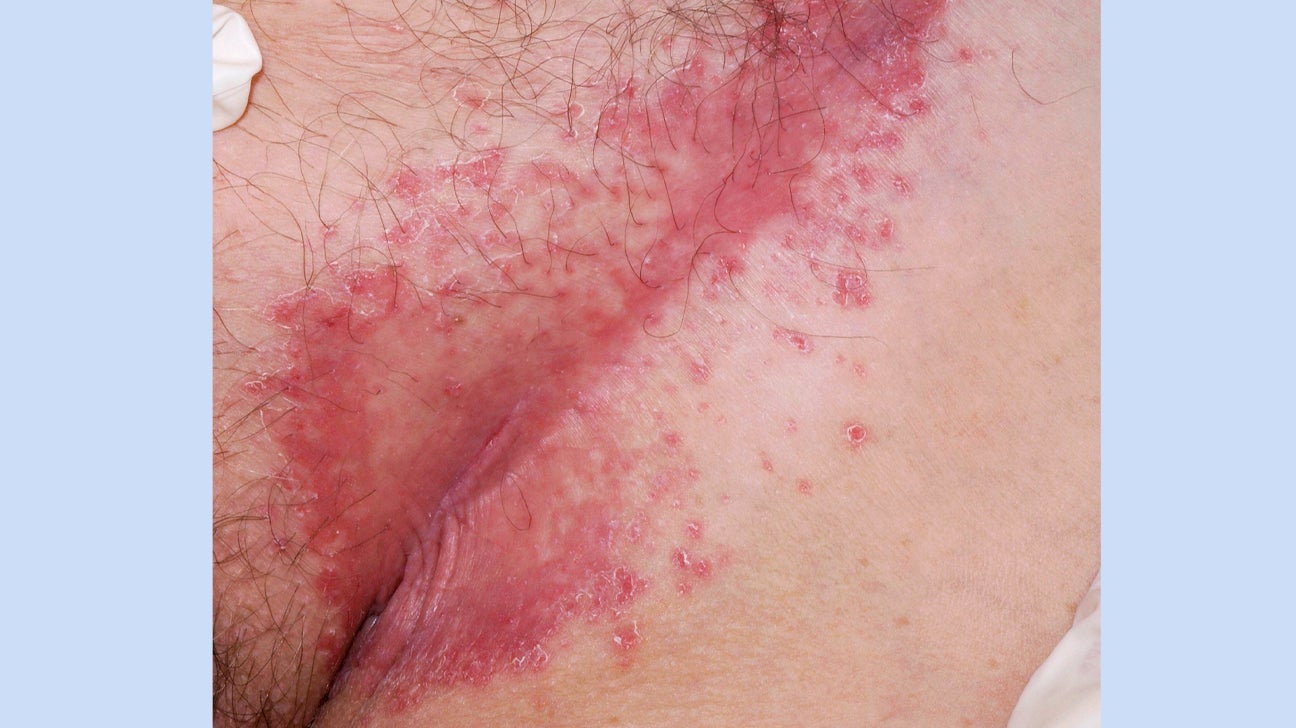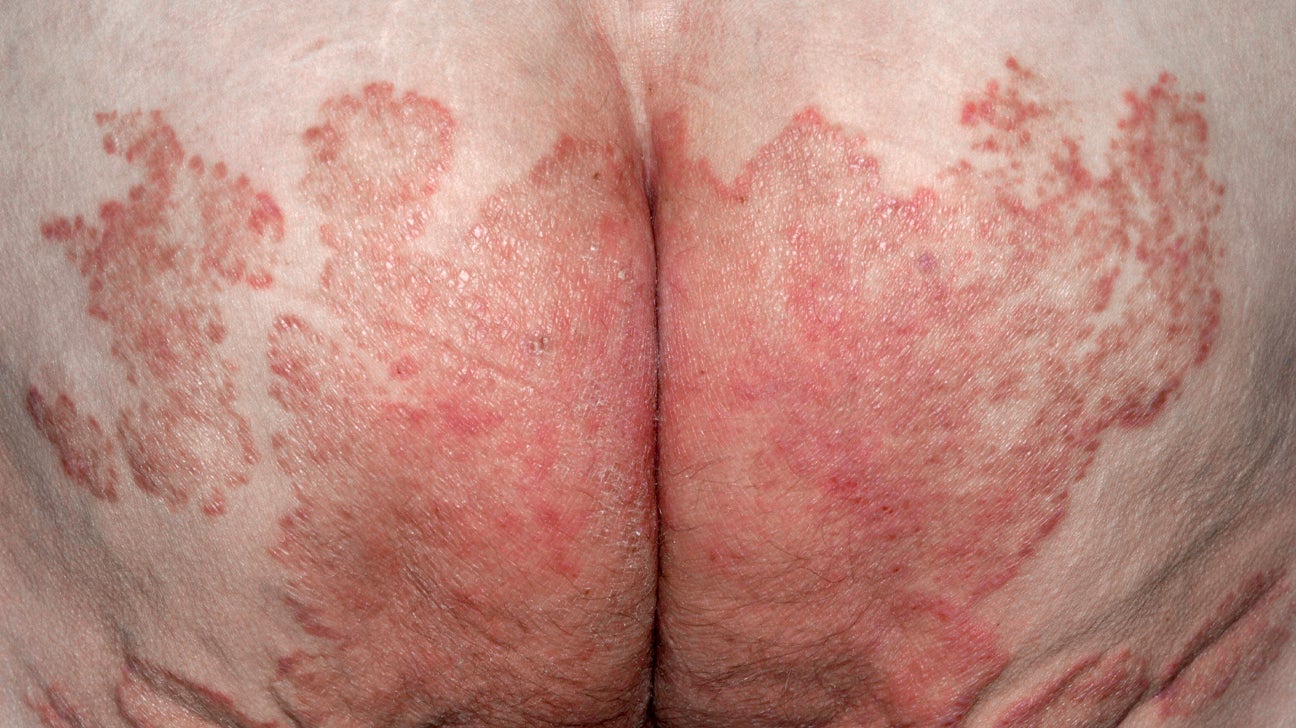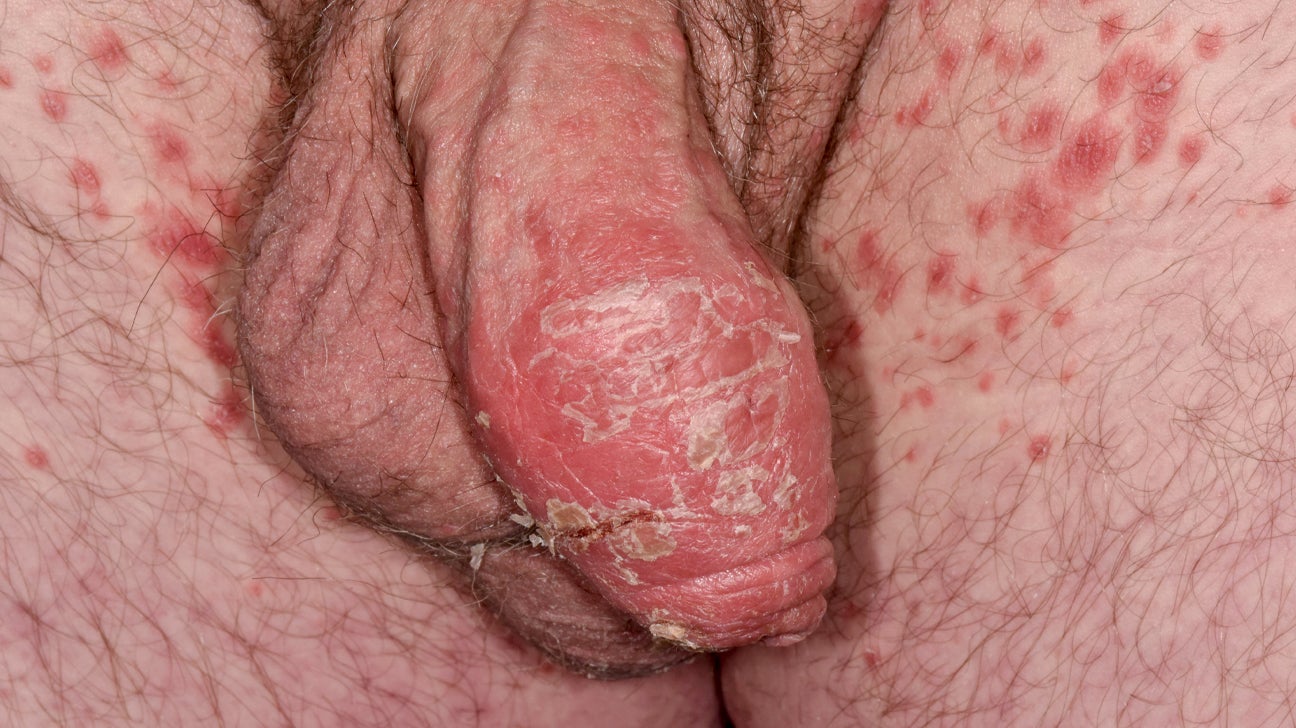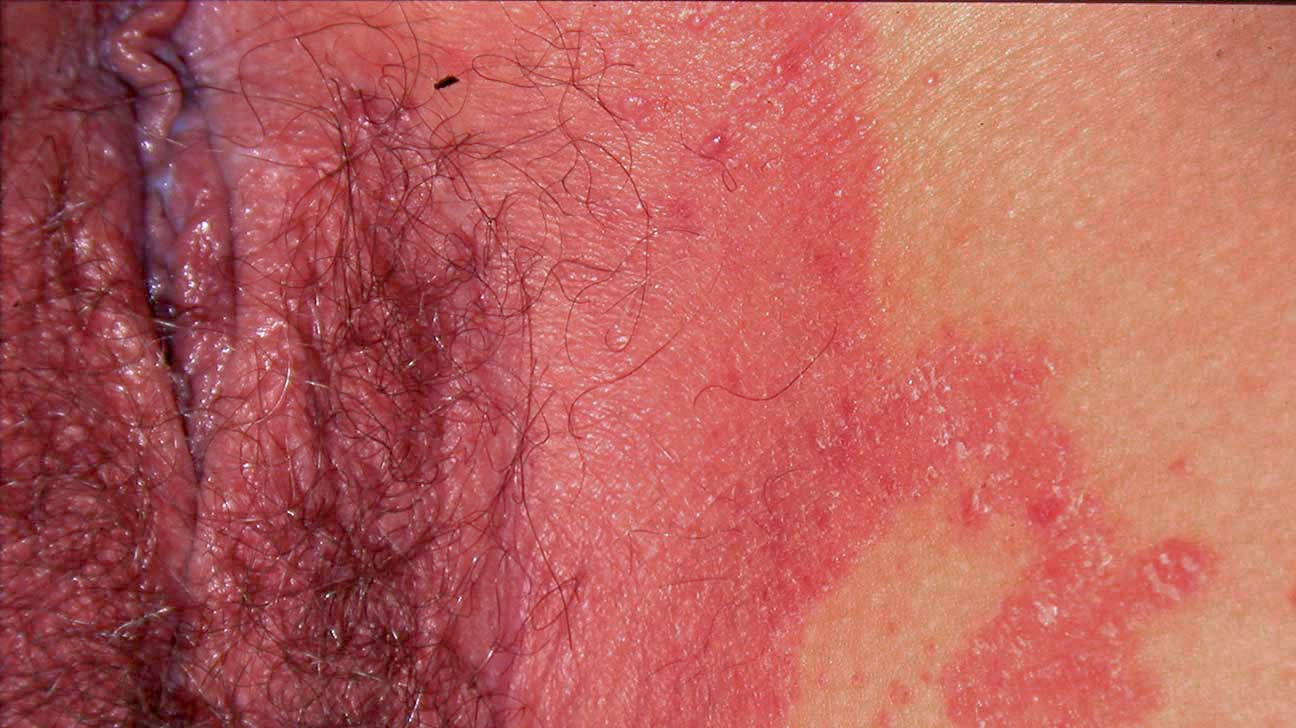When it happens, it can seem like a cruel joke. Not only are you living with psoriasis, but sometimes the condition can crop up on your most sensitive parts, causing itching or pain.
If this happens to you, you’re not alone. Genital psoriasis affects nearly two-thirds of people with psoriasis at some point in their lives, according to the National Psoriasis Foundation.
Psoriasis can appear in your pubic area, groin, on your thighs, between your butt cheeks, around your anus, on your penis and scrotum, or on your vulva. The situation can be frustrating and impact your daily life, including your sexual health. But there are ways to manage and treat genital psoriasis.
Treatment options
Treatment options may help ease your symptoms and minimize flares. Topicals, both prescription and over-the-counter (OTC), are usually the first line of defense against genital psoriasis because they are generally well tolerated.
Genital skin tends to be thin, which can be an advantage when using topicals. Yet, it can also lead to increased side effects, according to a research review. Always consult your healthcare professional before applying any topical to your skin on your groin or genital area.
Biologics, often taken by injection or intravenous (IV) infusion, can help by targeting the overactive parts of your immune system that drive psoriatic conditions.
Oral medications are also used to treat psoriasis by managing your immune system’s functions. You may already take biologics or oral medications. Your doctor may start you on these therapies if your condition worsens.
If you develop genital psoriasis and your current treatments aren’t helping, talk with your healthcare professional.
Images
Symptoms
The two types of psoriasis that are most common when it comes to genital psoriasis are inverse and plaque.
Inverse psoriasis typically shows up where skin meets skin, like your underarms and, you guessed it, your groin and genital areas.
Although some types of psoriasis look scaly or crusty, inverse psoriasis is actually smooth. Your skin may be so inflamed and irritated that it splits. Like other types of psoriasis, inverse psoriasis can itch or burn. Those symptoms can get worse with sweating or chafing.
Plaque psoriasis favors your scalp, knees, and elbows. It can also show up on your genitals. This type of psoriasis is characterized by a flaky crust, and it can make you want to scratch your nether regions like crazy. You might also experience a stinging or painful sensation.
In a study, researchers looked at more than 350 patients with current genital psoriasis or a history of it. Of those patients, 87 percent reported itch, 39 percent described pain, 42 percent said having sex was painful, 32 percent said their genital psoriasis worsened after sex, and 43 percent reported having sex less often.
Causes
The exact cause of psoriasis, including genital psoriasis, is unknown. But an overactive immune system plays a role.
Your immune system in overdrive speeds up cell growth, and your cells can’t shed as quickly as new cells are produced. They pile up, causing itching, scaling, and discomfort.
Outlook
Along with being physically uncomfortable, genital psoriasis can affect your emotional health and well-being. The condition can have a big impact on your life. A research review showed that many people with psoriasis avoid talking with their doctor about genital psoriasis out of embarrassment.
The important thing to know is that genital psoriasis, although not curable yet, is treatable. However, it may require a slightly different treatment method than what you’re using to care for the rest of your skin.
The takeaway
If you have genital psoriasis now, that doesn’t mean you’ll have psoriasis in the same sensitive location forever. It may come and go with flares or appear once in your genital area and never return.
If you have genital psoriasis for the first time, or psoriasis on your sensitive parts worsens, don’t hesitate to talk with your doctor to find a solution that brings relief.






0 Commentaires